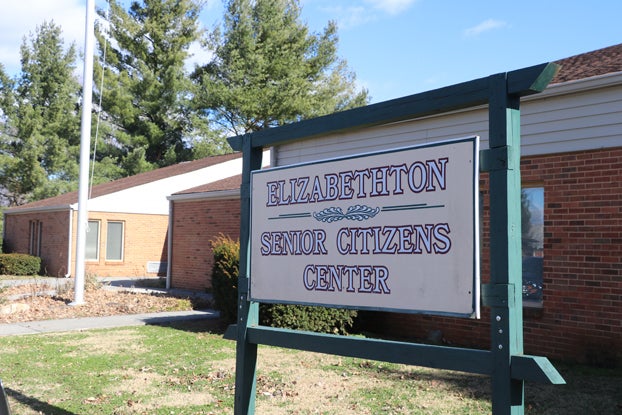Lawyer: Committee process appears illegal
Published 8:19 am Thursday, September 18, 2014
A legal opinion issued Wednesday by the Tennessee Office of Open Records Counsel says members of the County Commission may have violated state law in its handling of committee appointments.
Elisha Hodge, an attorney with the Open Records Counsel – part of the Tennessee Comptroller of the Treasury office – sent a notification of the possible violations to Carter County Commission chairman Leon Humphrey on Wednesday afternoon.
Hodge’s opinion addressed the process used by members of the commission to select which representative from each district would serve on the various committees.
During the public comment segment of the Sept. 15 meeting of the county commission meeting, Sherman Knack took commissioners to task over the removal of commissioner Nancy Brown from the budget committee.
Brown responded, indicating that commissioners had received a letter instructing them to confer with the other representatives of their district and decide among themselves who would serve on the committees.
The letter also directed the district representatives to forward their agreed-upon appointments to the office of County Court Clerk Mary Gouge.
In Hodge’s communication to Humphrey, she said “individuals who represent each district on the commission met privately and decided who should be recommended for appointment to the commission’s various committees.”
She also notes during the Sept. 15 meeting of the commission, the three representatives of District 2 met privately in order to try to resolve the conflict related to the appointments that were being made from that district.
Hodge also takes issue with the private conference among three members of the commission, which was held during a recess of Monday’s commission meeting.
It was during that meeting that Brown, who represents the Second District, voiced a complaint that she had been removed from budget committee by the other two representatives from her district, Commissioners Mike Hill and Al Meehan.
Commissioner Sonja Culler, who as vice-chair of the previous commission, presided over a portion of Monday’s meeting. She called for a five-minute recess in the commission meeting to allow Brown, Hill and Meehan to adjourn to a another room and hold a private conference to discuss and attempt to resolve the dispute over the committee appointments. After returning from that meeting, Brown said she still wasn’t in agreement with Hill and Meehan on the appointments.
That meeting, according to Hodge, may have been another violation.
“Based upon the language (of state law), it is the opinion of this office that in order for multiple members of a governing body to meet and deliberate towards or make decisions on public business, the meeting is required to be adequately noticed to the public, open to the public and have recorded minutes,” Hodge said.
“Based solely upon the information that has been presented to this office, it appears as though open meetings violations may have occurred. It is my understanding that when the Sept. 15, 2014 commission meeting reconvened, the members of District 2 voted on the recommended appointments and thereafter, the entire commission voted on the appointments.”
Hodge opined those public votes alone aren’t enough to cure any violation that may have occurred before and during the Sept. 15, 2014 commission meeting.
“The courts in Tennessee have held that in order for a violation to be cured, the governing body must engage in new and substantial reconsideration of the issues that were discussed and decided upon outside of an adequately noticed public meeting,” she said. “It does not appear that there was new and substantial reconsideration of any of the recommended appointments prior to the meeting being recessed or afterwards.”
Hodge strongly suggested to Humphrey that he confer with the county attorney as soon as possible because, according to the Tennessee Open Meetings Act, a citizen has the right “to bring a lawsuit against an entity when he/she feels that an open meetings violation has occurred.”
She provided several examples of state law which require government meetings be open to the public, noting that state law “declared ‘it to be the policy of this state that the formation of public policy and decisions is public business and shall not be conducted in secret.’”
Hodge went on to list other requirements set forth by state law, requiring meetings to be held in public, with adequate notice given to the public of the meeting, and requirements of proper record keeping.



